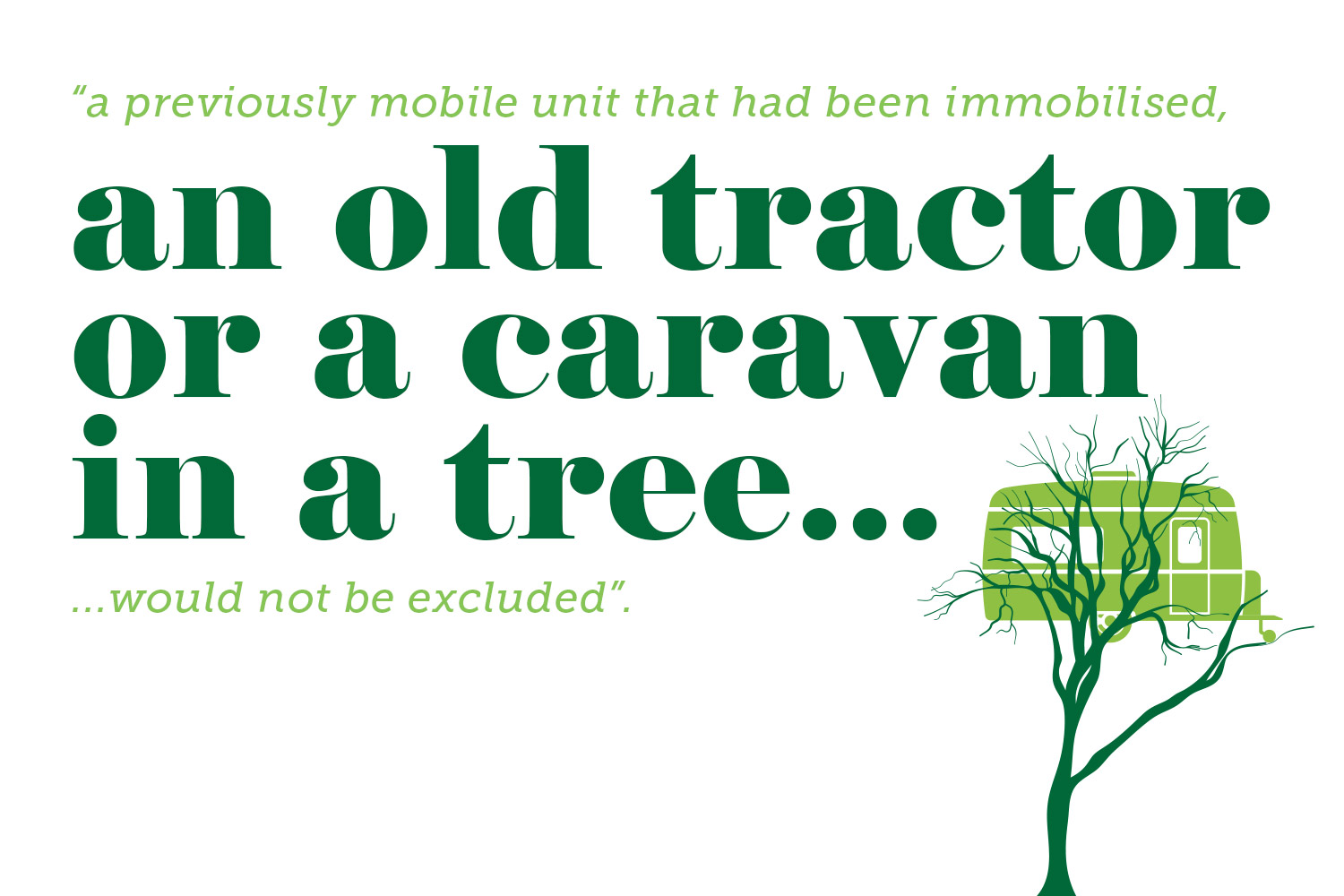“In the excellent BBC sitcom, ‘Yes, Minister’, the eloquent cabinet secretary, Sir Humphrey, refers to politicians generating activity because, “it’s their substitute for achievement”. The words of Nigel Hawthorne’s character returned to me recently as I reflected on the latest developments in the Scottish Government’s handling of short-term lets because while ministers have been very active, they’ve achieved practically nothing.
“It is because of this failure that the Association of Scotland’s Self-Caterers (ASSC), along with industry colleagues, decided to resign from the Scottish Government’s Short-Term Lets Working Group. Despite being proactive and willing to take the initiative at every step of the process, we have been met with nothing but blockages and a lack of understanding.
“Followers of the ongoing debate will have noticed that the Scottish Government is now on its third short-term let consultation, to which the ASSC was delighted to offer our data-backed submission. They will also be aware that back in February, the Scottish Government withdrew their ruinous, poorly planned licensing scheme proposals that posed a huge threat both to traditional self-catering and the broader Scottish tourism sector. At that point, ministers promised to work with the industry and listen to our concerns and engage to make the necessary legislative changes.
“Sadly, the Scottish Government has completely failed to live up to this most simple promise and are going ahead with this folly – practically unchanged.
“In fact, when the licensing order was withdrawn, Kate Forbes MSP said,
“I recognise the concerns have been raised by many B&Bs and self-catering properties in the Highlands about the impact of this legislation. I have listened to those concerns, relayed them to the Housing Minister and I’m pleased that he has acted in this way…I recognise that it has been a very difficult year for tourism, and it’s important that we listen to the industry.”
“Yet, as we now know, the pre-election promises have not materialised. Activity over achievement strikes again!
“Furthermore, as if to add an unneeded punchline to a joke nobody laughed at, the Scottish Government has proceeded to expand the number of tourist accommodation businesses that will be hampered by licensing. As things stand, the revised proposals will make life even more difficult for self-caterers as well as our friends in the B&B sector, glamping and some guest houses.
“Amid the maelstrom of scapegoating, political opportunism, and sheer bloody-minded ignorance that has been kicked up around short-term lets, lies an industry that we are rightfully proud of, Kate Forbes has also said that the short-term lets discussion should be focused on “facts rather than unfounded fears”. We agree – and here are a few examples.
“According to recent research, self-catering is worth £867m to the Scottish economy each year and so it is completely baffling as to why the Scottish Government seems intent on crippling such a vital and valuable sector – especially at a time when small businesses need all the support they can get.
“Moreover, the sector is especially important in rural areas, where this negative impact will be felt most severely. Self-caterers have been a key part of the Highland economy for decades and brings with it a raft of other economic and social benefits to this wonderful part of Scotland. Faced with the prospect of handing over more than £1500 for a licence, as estimated by the Society of Local Authority Lawyers and Administrators in Scotland, nearly half of the businesses are seriously contemplating shutting down forever. It really is that serious and the impact may well be that severe.
“The government’s licensing scheme represents the worst kind of ‘once-size fits all’, scattergun, sledgehammer to crack a nut kind of thinking that will have far more negative unintended consequences than it has perceived benefits – especially for small and micro tourism businesses.
“If we are to recover from COVID-19 and have a tourism industry worth saving, the Scottish Government should listen to the industry and support our calls for a more tailored, sensible, and practical mandatory registration scheme with health and safety provisions. Doing so would encourage good practice, which the overwhelming majority of self-caterers already put into place each and every day, and avoid penalising the hardworking professionals who work tirelessly to help people have memory making-holidays from Orkney to the Scottish Borders. Luckily enough, we have a set of fully workable proposals that would make such a system possible – if only the Scottish Government would care to listen.
“As Scotland emerges from the COVID-19, sectors across the Scottish economy will be faced with real challenges and difficulties, ranging from consumer confidence to the attractiveness of investment. The last thing, especially for a sector as important as self-catering, that any government should do is impose costly, restrictive, and damaging restrictions. We’ve seen what the current government does when it goes for activity – now, let’s see some achievement.”
Fiona Campbell
Chief Executive
Associaiton of Scotland’s Self-Caterers
(published in the West Highland Free Press, 20th August 2021)
